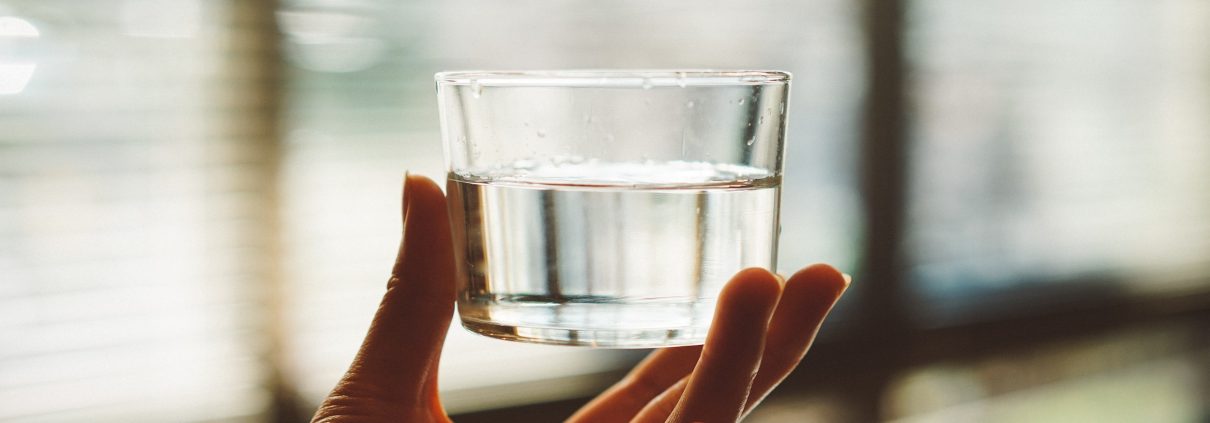Preventing Dehydration For Seniors
Dehydration can be a serious issue, especially for seniors. The simplest way to identify and prevent dehydration in seniors is to watch if you are feeling thirsty. It is important to respond to your feeling of thirst when it appears. Keep a water bottle nearby and take a swig whenever thirst strikes. Better yet: Try to drink water regularly throughout the day so you never reach that level. You can try setting personal hydration goals, say by challenging yourself to finish the bottle before lunch and drink another one before you head home in the evening.
Check Your Urine Color for Signs That You’re Dehydrated
Assessing the color of your urine when you use the bathroom can clue you in to your level of hydration. Typically, the darker your urine is, the less water you have in your body. You want your urine to be as clear and light as possible.
8 Glasses a Day and Then Some
e have all heard that the standard amount of water to drink per day is 8 glasses. As time has gone on, medical professionals have determined that this may not be enough for some to stay hydrated. The amount of fl oz you should consume per day varies from individual to individual. The National Academies of Sciences, Engineering, and Medicine recommends that women drink 11.4 cups of water daily and men have 15.6 cups. The exact amount that’ll be right for you depends on a few things, including age and activity level.
Drink Extra
When a person is exercising regularly, sick or in hot weather, they should increase their intake of water. When we exercise, we get rid of a lot of the water in our bodies. It is important to replenish this supply after exercising. If you are sick, your body is likely attempting to fight off foreign bacteria. Water can help with this. It can also help to flush out bacteria that we do not want in our bodies. When you are outside enjoying the sun, you might not notice how hot you are. It is important to stay ahead of the heat and consume more H2O.
Think Beyond Water
There are other ways to get liquids in your body. Eating certain foods can help with water intake. Foods such as watermelon, celery, berries, grapes and lettuce are all high in water. You could drink seltzer waters along with juices or coffee. You could add hydrating supplements to your water. There are many different kinds of hydrating powders that can be added to water to make it more quenching.
Hydration is key to staying healthy and alert. Seniors are at greater risk for dehydration because of how body composition changes with age. Water is necessary for all bodily functions and we can have serious health consequences if we aren’t getting enough of it.



